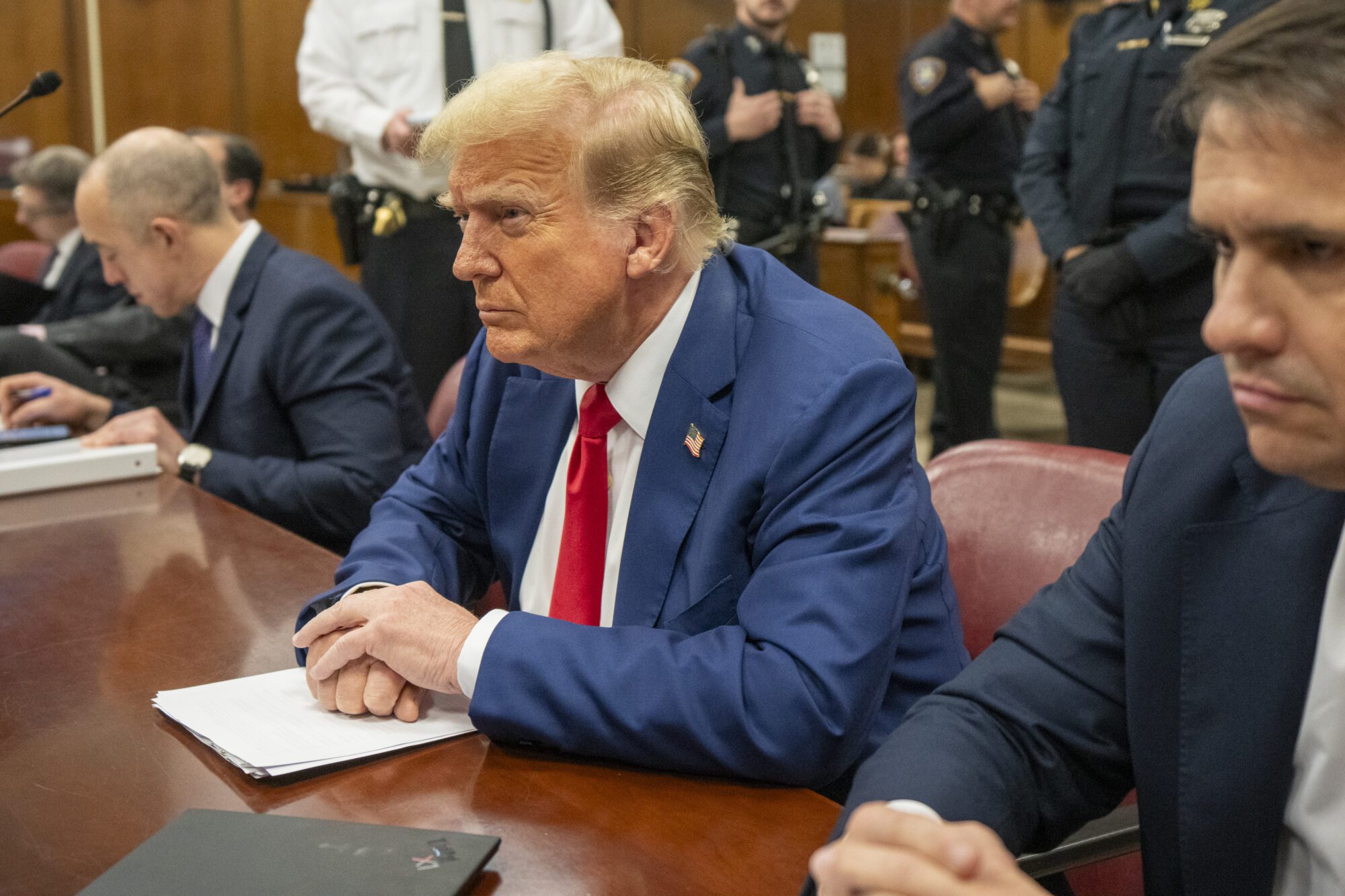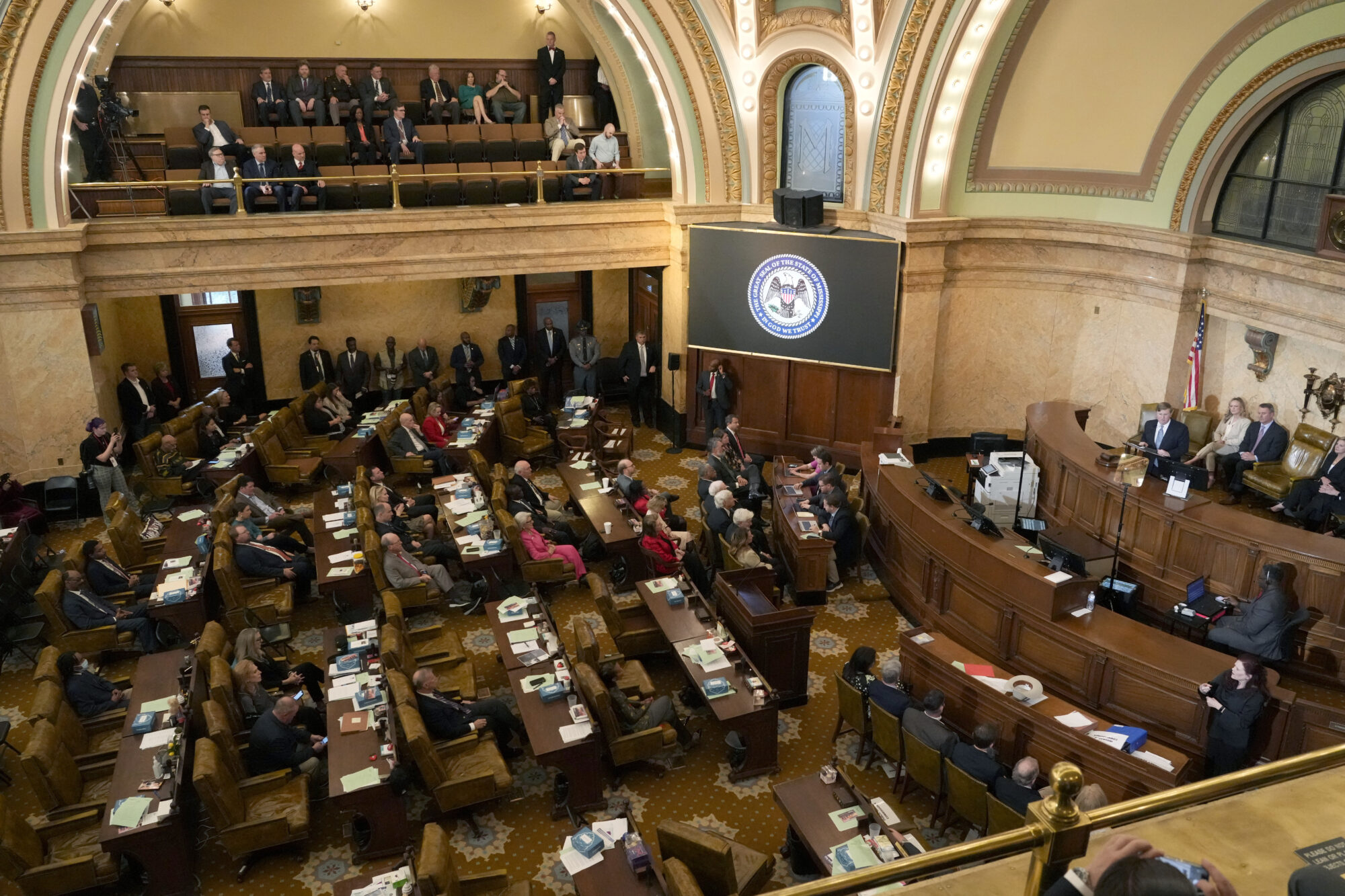INTERVIEW: MISSISSIPPI DEMOCRATIC PARTY CHAIRMAN RICKEY COLE SPEAKS OUT ON 2014 PRIMARY RACES
The following interview was conducted by Deep South Progressive reporter Brian Powers on April 24, 2014, at the University of Mississippi campus in Oxford, Mississippi. In the interview, Cole discusses whether he thinks presumptive Democratic nominee Travis Childers can beat either incumbent Sen. Thad Cochran or state Sen. Chris McDaniel in November, why Democrats should refrain from crossover voting in the June 3 primary races, and whether he thinks any U.S. House seats are in play.
Brian Powers (Deep South Progressive): Do you think that Travis Childers, as a candidate, can beat either candidate if elected?
Rickey Cole (Mississippi Democratic Party Chairman): This will be the first competitive U.S. Senate race in many years and the first one that I have been an adult in in a non-presidential year. The 1988 race and the 2008 race were both complicated because of the presidential ticket.
Powers: Right.
Cole: So it becomes – to a certain extent I don’t like to oversimplify – but it becomes to a great extent a question of turnout. And for the first time ever we have both the mechanism and the understanding on the part of the candidates and the funders that that mechanism is crucial. So on an off-year it sounds counterintuitive. But actually in states like Mississippi an off-year presents greater opportunities to win than a presidential year does because the fall-off is great for both parties in an off-year. And we believe we have a competitive edge that we’ve never used in Mississippi in terms of the mechanics of the turnout. And that’s an oversimplification – you don’t want to put all the eggs in one basket – but that’s the view from 30,000 feet, anyway.
Powers: Okay, and I know you don’t want to say this either way and I understand because I know what your job is, but do you think there is one candidate – being McDaniel or Cochran – that there’s a bigger chance of getting a win against?
Cole: I think the persuasion message has to be different on either candidate. But the research we have done shows weaknesses and strengths in either pairing. And it’s always– this is one hypothetical that will never be solved –
Powers: Exactly.
Cole: –because it’s going to either be Senator Cochran or Senator McDaniel as the opponent. We’ll never know. But I can tell you that we’re prepared for either contingency. We are prepared for victory against either one.
Powers: Obviously we know the funding generally what wins elections lately. Ninety-one percent of the the [time the] candidate with the most money wins –
Cole: That’s not just lately –
Powers: Well, yeah, exactly [laughs]. Is the DNC going to – is money coming in? Because they’re not showing any reports of it, nationally, in anything that I’ve seen. And it is a legitimate concern–
Cole: The whole process of electing members of Congress is driven on both sides by decisions made in Washington in regards to viability.
Powers: Right.
Cole: The Democratic Senate Campaign Committee began last fall paying attention to Mississippi. I have every reason to believe that the Democratic Senate Campaign Committee will invest in our Senate race in Mississippi. The other committees–I will say quite frankly that I don’t see the the DLCC involved. The Democratic Legislative Campaign Committee is interested in other legislative races next year. It’s too early on the part of the Democratic Governor’s Association to say anything. I know that Jim Hood is a leader in the Democratic Attorney General’s Association. So all of these national committees, they’re sort of the first canary into the mine, so to speak. And the DSCC has a great interest in Mississippi. But you won’t see any money move until the end of the year, but that’s just the way it works.
Powers: Now, we’ve talked about the [primary] crossover, to my understanding there’s a lot of crossing over that’s going to happen. And I know that the the intent of crossover generally is to put in a weaker candidate, so some people would want to go for McDaniel in that [scenario] obviously. Do you think there’s going to be a big crossover from what you’re seeing? –because I’m seeing different things.
Cole: Define big.
Powers: Um, 30-33%, that’s what I’m calling big.
Cole: Um, wow. No.
Powers: You don’t think it would be that high? What about District 4, with Gene Taylor? Do you think that’ll influence it?
Cole: I believe that there’s going to be record participation for an off-year primary. If I could make accurate predictions, I’d be the weatherman, but in 2012 there were – if you look at the Republican primary numbers from 2012, you have the basic universe of the voters who are wanting to decide this 2014 Republican primary. And I believe those numbers are so large, if you look across the aisle at the much smaller Democratic numbers from 2012, and you factor in the fact that there would be little-to-no crossover in majority African-American precincts. And there is no organized effort to generate crossover. I think your number of 33% is very high. And I will tell you I have never seen a situation in Mississippi where primary crossover voting has made a world of difference.
Deep South Progressive






